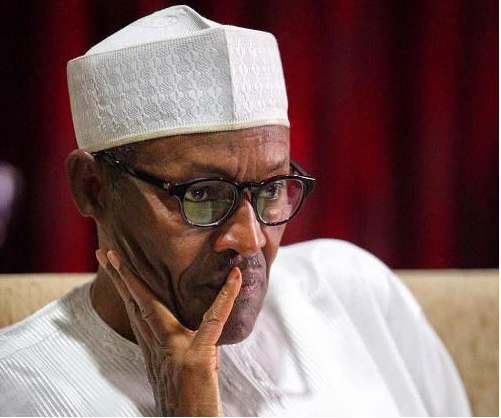The Nigerian Presidency has vehemently denied allegations that former President Muhammadu Buhari was coerced into testifying in an international arbitration case in Paris. Reports had surfaced claiming Buhari was compelled to appear before the International Chamber of Commerce Court of Arbitration to address a dispute concerning the Mambilla power contract, a project initiated during the Obasanjo administration. These reports suggested Buhari was subjected to rigorous questioning regarding an alleged breach of contract terms related to the power generation and distribution agreement awarded to Sunrise Power and Transmission Company of Nigeria. Furthermore, the reports implicated current President Bola Tinubu in orchestrating Buhari’s appearance before the arbitration panel. The Presidency, however, dismissed these claims as “fake news” and emphasized the voluntary participation of all individuals involved in defending Nigeria’s position.
The controversy revolves around a $6 billion contract for the Mambilla hydropower project, a long-delayed initiative intended to significantly boost Nigeria’s electricity generation capacity. The contract, initially awarded in 2003, has been mired in legal and financial complications, leading to the current arbitration proceedings. The details of the dispute remain confidential, but the core issue appears to revolve around alleged breaches of contract terms, potentially involving government actions or inactions during Buhari’s tenure as president. The arbitration process seeks to resolve the dispute and determine the liabilities, if any, of the Nigerian government.
The Presidency’s statement, issued by Special Adviser on Information and Strategy, Bayo Onanuga, categorically refutes the narrative of coercion. It emphasizes that Buhari, along with other prominent Nigerians involved in the case, are participating willingly, motivated by patriotism and a commitment to upholding Nigeria’s interests. The statement underscores the confidential nature of the arbitration process and criticizes the premature media coverage of the proceedings. It highlights the importance of respecting the confidentiality of the process until the arbitrators reach a final decision.
The Mambilla power project, at the heart of this dispute, represents a critical infrastructure initiative for Nigeria. Its successful completion could significantly enhance the nation’s power generation capacity and address the persistent challenges of electricity shortages that hinder economic development. The project’s protracted delays and the ensuing legal battles have, however, raised concerns about the efficient utilization of public funds and the government’s ability to manage large-scale infrastructure projects. The arbitration proceedings are therefore crucial in determining the future of the project and clarifying the responsibilities of the parties involved.
The Presidency’s denial of coercion seeks to dispel any perception of political maneuvering or pressure being exerted on former President Buhari. It portrays the participation of Buhari and other eminent Nigerians as a voluntary act of national service. This narrative aims to maintain public trust and confidence in the government’s handling of the Mambilla project dispute and the broader issue of infrastructure development. The emphasis on patriotism also serves to rally public support behind the government’s legal strategy in the arbitration proceedings.
The confidentiality surrounding the arbitration proceedings is a critical aspect of this case. The Presidency’s statement underlines the importance of respecting this confidentiality until the arbitrators issue their final ruling. Premature disclosure of information could potentially jeopardize the proceedings and undermine the integrity of the arbitration process. The statement, therefore, criticizes the media reports for breaching confidentiality and potentially influencing public perception of the case before a final decision is reached. The government’s emphasis on confidentiality reflects its commitment to allowing the legal process to unfold without undue external influence or speculation. This approach aims to ensure a fair and impartial resolution of the dispute based on the evidence presented and the applicable legal principles.


